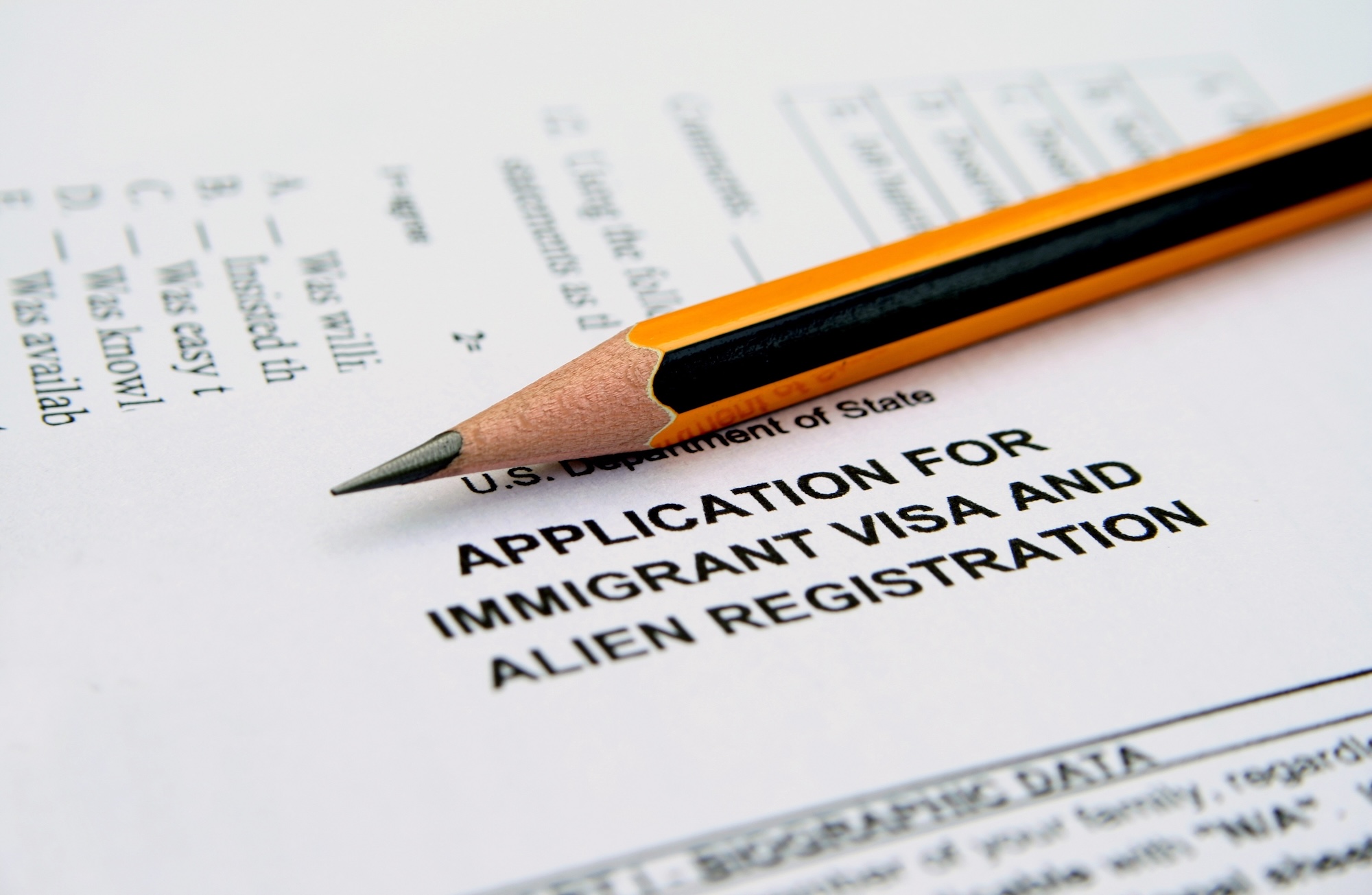What to Do if Your Immigration Application is Denied in Nevada
Learn what steps to take if your immigration application is denied in Nevada. This guide covers common reasons for denial, how to appeal, and how to avoid future pitfalls.

Navigating the U.S. immigration system can feel overwhelming, especially if you receive a denial letter for your immigration application. If this happens to you, take a deep breath. Understanding the reasons for the denial and your next steps can make a big difference. Let’s walk through what you need to know and do if your immigration application is denied in Nevada.
Incomplete Application or Missing Information
One common reason for denial is an incomplete application or missing information. Immigration officers review every detail, so leaving out a single document or forgetting to sign a form can lead to rejection. Issues with Form I-130 or errors in the filing fee can also result in delays or denial.
Lack of Supporting Documents
Immigration applications often require supporting documents, such as proof of your physical presence, sufficient financial support, or a driver’s license. Without these, your application might be denied. Documents like additional evidence for a visa application, proof of lawful status, or family reunification details are crucial.
Inadmissibility Issues
Applicants might face inadmissibility issues, including public charge concerns, a prior visa denial, or eligibility requirements. Waiver of inadmissibility or immigration waivers can address these problems in some cases.
Criminal Background Concerns
A criminal record or criminal history can impact your eligibility for U.S. visas, adjustment of status, or even refugee status. These issues can result in deportation proceedings or difficulties obtaining lawful permanent residency.
Financial Inadequacies
Immigration applications require proof of financial stability, such as providing sufficient financial support for your immediate relative or family members. Without this, visas like the K1 visa or green card applications could be denied.
Steps to Take Immediately After Denial
Read the Denial Notice Carefully
Your denial letter will outline the specific reasons for the decision. This document might refer to particular issues, such as a lack of good moral character or missing information.
Check the Deadline for Appeals or Motions
Time is critical. Appeals to the Administrative Appeals Office (AAO) or motions to reopen or reconsider must be filed promptly. Missing this can prevent you from challenging the decision.
Options for Challenging the Denial
Filing an Appeal with the USCIS Administrative Appeals Office (AAO)
If you believe the denial was a mistake, you can appeal. Provide new evidence or challenge errors made by the immigration officer during the application process.
Submitting a Motion to Reopen or Reconsider
A motion to reopen involves submitting additional evidence, while a motion to reconsider focuses on correcting legal or procedural errors. Ensure these submissions are timely and well-documented.
Preparing Your Appeal or Motion
Gathering Additional Evidence
Collect new documents to strengthen your case. This might include text messages proving a bona fide relationship for a K1 visa or showing eligibility for adjustment of status.
Writing a Persuasive Legal Argument
Legal advice from an experienced immigration attorney can be invaluable. A persuasive argument should address the eligibility requirements and any sensitive information outlined in the denial letter.
Meeting the Submission Deadline
Filing forms like I-290B or addressing background check issues must happen before deadlines. Timeliness is key to keeping your immigration status intact.
Seeking Legal Assistance
Finding an Experienced Immigration Attorney in Nevada
An immigration law attorney familiar with Nevada-specific immigration services can guide you through U.S. immigration challenges, such as visa denial, family reunification, or consular processing.
How an Attorney Can Help Your Case
An attorney can address issues like deportation proceedings, immigration court representation, or waivers of inadmissibility. They also ensure sensitive information is handled properly.
Alternative Options
Reapplying for the Same Immigration Benefit
If circumstances have changed or errors are corrected, reapplying for a green card application, visitor visa, or U Visa may be possible.
Exploring Other Immigration Pathways
Consider nonimmigrant visa options like H-1B Visas, Special Immigrant status, or Temporary Protected Status. Students might apply for a student visa, while foreign nationals can explore paths to becoming a U.S. citizen.
How to Avoid Common Pitfalls in Future Applications
Ensuring Complete and Accurate Information
Double-check all forms and provide additional information when requested. Examples include evidence of good moral character or financial stability.
Staying Updated on Immigration Policies
Immigration policies frequently change. Following updates from the U.S. Department of State and consulting an attorney can prevent future issues.
Regularly Consulting with an Immigration Lawyer
Consulting with a law firm helps ensure your case’s success. Lawyers provide guidance on sensitive legal matters, eligibility, and filing deadlines.
Conclusion
Importance of Timely Action
Acting quickly can protect your immigration status and avoid deportation proceedings. Addressing issues like criminal history or public charge concerns promptly is essential.
Utilizing Available Resources
Legal resources, client reviews, and immigration services in Nevada can support your case. A skilled attorney ensures proper guidance through challenges.
Staying Informed and Prepared
Whether pursuing U.S. citizenship, permanent residency, or a green card holder status, preparation and legal support are key. For help navigating U.S. visas or visa denials, contact an immigration attorney today!



